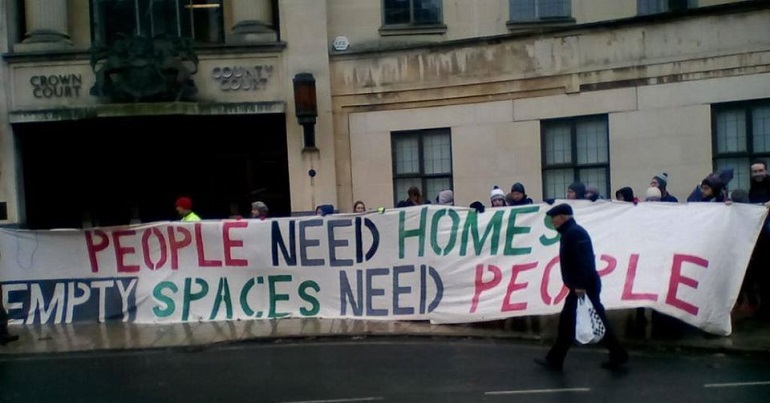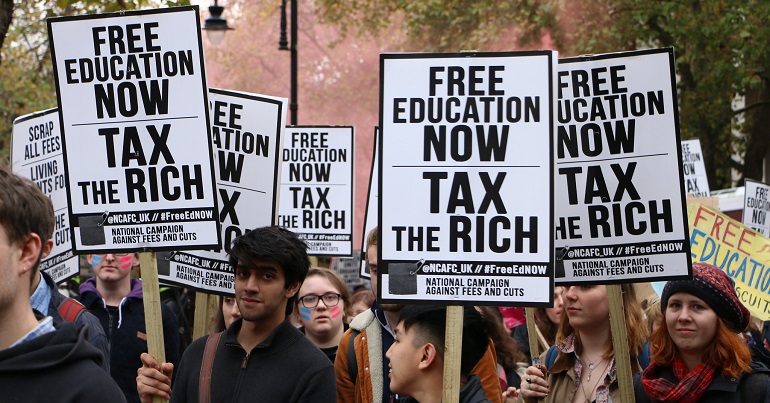Now is the time to end the shame of rough sleeping

It has been said at times of transformation that “all that is solid melts into air.” Our world is changing. After being told it would take a ten-year government plan, things previously inconceivable – like actually ending rough sleeping on our streets – have been achieved.
Almost overnight, 170 rough sleepers in Brighton and Hove have been provided with accommodation in guest houses, hotels and in the YHA hostel. In a matter of days, providing non-conditional access to shelter for all rough sleepers has become routine. This proves what we have always known – that ‘where there is a will there is a way’ – especially political will.
We must keep going
In Brighton and Hove, Greens and Labour committed to “end the need for rough sleeping” in a joint programme for housing drawn up by the two parties. Having made such progress, we must not turn back now. With all rough sleepers now housed as a result of the lockdown measures, an opportunity presents itself to secure long-term housing and support.
We are in a position to be able to work with individuals to maintain their access to housing and benefits, and to arrange the appropriate levels of support that they need for the future. The government’s response also shows that additional resources are available to support councils working to prevent rough sleeping – and we need more up front funding for communities during and after the crisis.
The need is clear
Some object to offering accommodation on grounds of cost. However, much of the cost of providing housing is recovered in rent support. Crucially, research shows that the cost of supporting those sleeping rough is far higher than the cost of housing: especially to health services, prison services and substance misuse services.
Even with the most intensive of support packages, a home creates the best conditions for effective support – a reality proven by the success of the ‘Housing First’ approach, that offers people a home, support and the means to sustain it. A report from homelessness charity Crisis found that the cost of supporting 30 people sleeping rough for 12 months could amount to £600,000 a year in additional public expenditure; while the cost of offering housing reduces over time, as people require less support.
The facts are clear: rough sleeping is bad for the individual and costly for the public purse.
No return to ‘normal’
So at Brighton and Hove City Council housing committee on 29th April, Greens are calling for an all-party commitment to continue to house all rough sleepers currently supported as a result of coronavirus crisis measures. We are proposing to write to government setting out the additional resources needed to sustain the housing those rough sleepers that are currently housed. We are also proposing that the council continues to offer ‘open access’ to shelter for all people on the streets, as set out in the ‘Homeless Bill of Rights,’ campaign by Brighton and Hove Housing Coalition and others. It can be done.
Now that our world has been turned upside down, many of us have found ourselves unsure of when things will return ‘to normal.’ But ‘going back to normal,’ shouldn’t mean a return to rough sleeping. With such progress made, it’s clear a different outcome is possible. We must all work together to end the shame of rough sleeping in the 6th richest country in the world.
PS. Bright Green has big plans for the future, but we need your input. Take 2 minutes to see what we’re planning and tell us your thoughts.
Image credit: Chris Jarvis




Well done David! You have my support for this and all future initiatives to provide accommodation and support for the homeless human beings that most write off as ‘statistics’ and pass by on the street.
It’s taken a world pandemic to prove we can do this: let’s keep a safe home for every human being our new normal when this disease is a distant memory.
Let’s include our homeless in the Government’s slogan:
Stay Home
Support our NHS
Save Lives
Kindest regards
Marisha
Thx David and keep it up.no return to rough sleeping at all. This must never happen again. We live in the world of plenty. The problem is how we share it!
I am with you.
Regards
Emmanuel